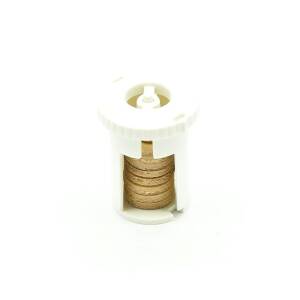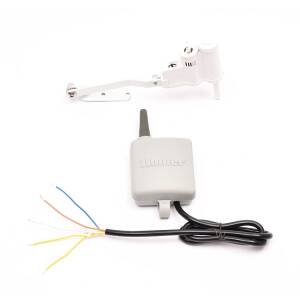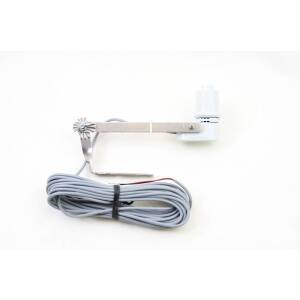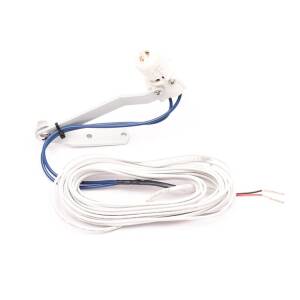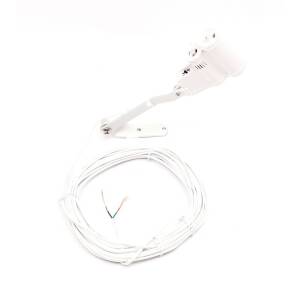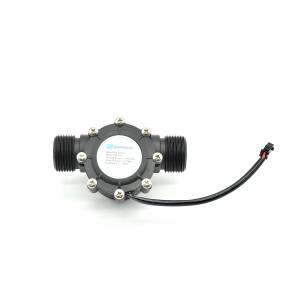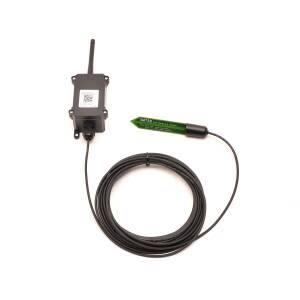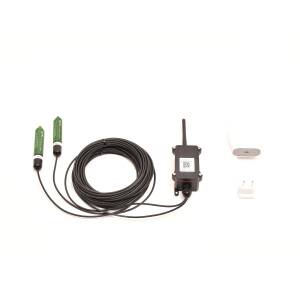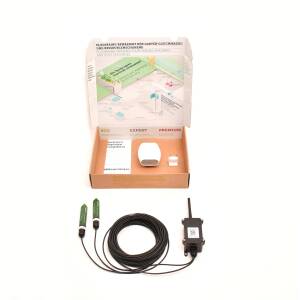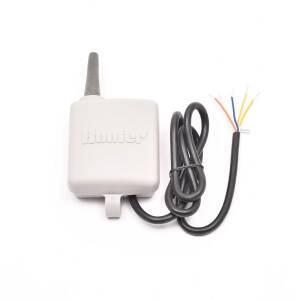


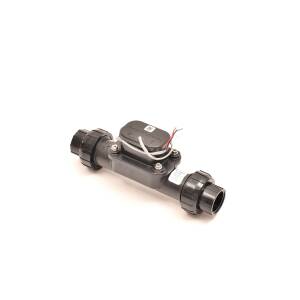

Frequently Asked Questions (FAQs)
Soil moisture sensors, rain sensors and temperature sensors are generally required for an irrigation system.
A soil moisture sensor measures the moisture in the soil and passes this information on to the irrigation system controller.
A rain sensor detects when it has already rained and thus prevents unnecessary watering.
Yes, sensors can also be retrofitted to an irrigation system. However, make sure that they are compatible with the controller.
Check the batteries of the sensors regularly and clean them of dirt or deposits if necessary. This will ensure that they provide correct readings.
Why are sensors important in irrigation technology?
Sensors play a crucial role in irrigation technology as they help to make irrigation more efficient and precise. By measuring factors such as soil moisture, temperature and weather conditions, sensors can adapt irrigation schedules to current conditions. This not only saves water, but also improves the health of the plants. This is because targeted irrigation means the plants always receive the right amount of water at the right time.
What advantages do sensors offer in irrigation technology?
The use of sensors in irrigation technology offers numerous advantages. Firstly, they can help to save water as they adapt the watering schedules to the current weather conditions. This prevents unnecessary watering during rain or high humidity. Secondly, sensors ensure healthier plants as they always receive the right amount of water at the right time. This leads to better nutrient uptake and stronger root growth. Sensors are also easy to install and can be delivered reliably and quickly.
What different sensor types are there?
There are various sensor types that can be used in irrigation technology. These include soil moisture sensors, for example, which measure the moisture in the soil and therefore enable targeted irrigation. Temperature sensors can measure the temperature of the soil and the air and thus adjust the irrigation. Rain sensors detect when it is raining and automatically stop watering. Wind and sun sensors can also be integrated into the irrigation control system to adapt irrigation to the weather conditions. Depending on requirements and individual needs, different sensors can be combined to achieve optimum irrigation.
 Free Online Irrigation-Planner
Free Online Irrigation-Planner



